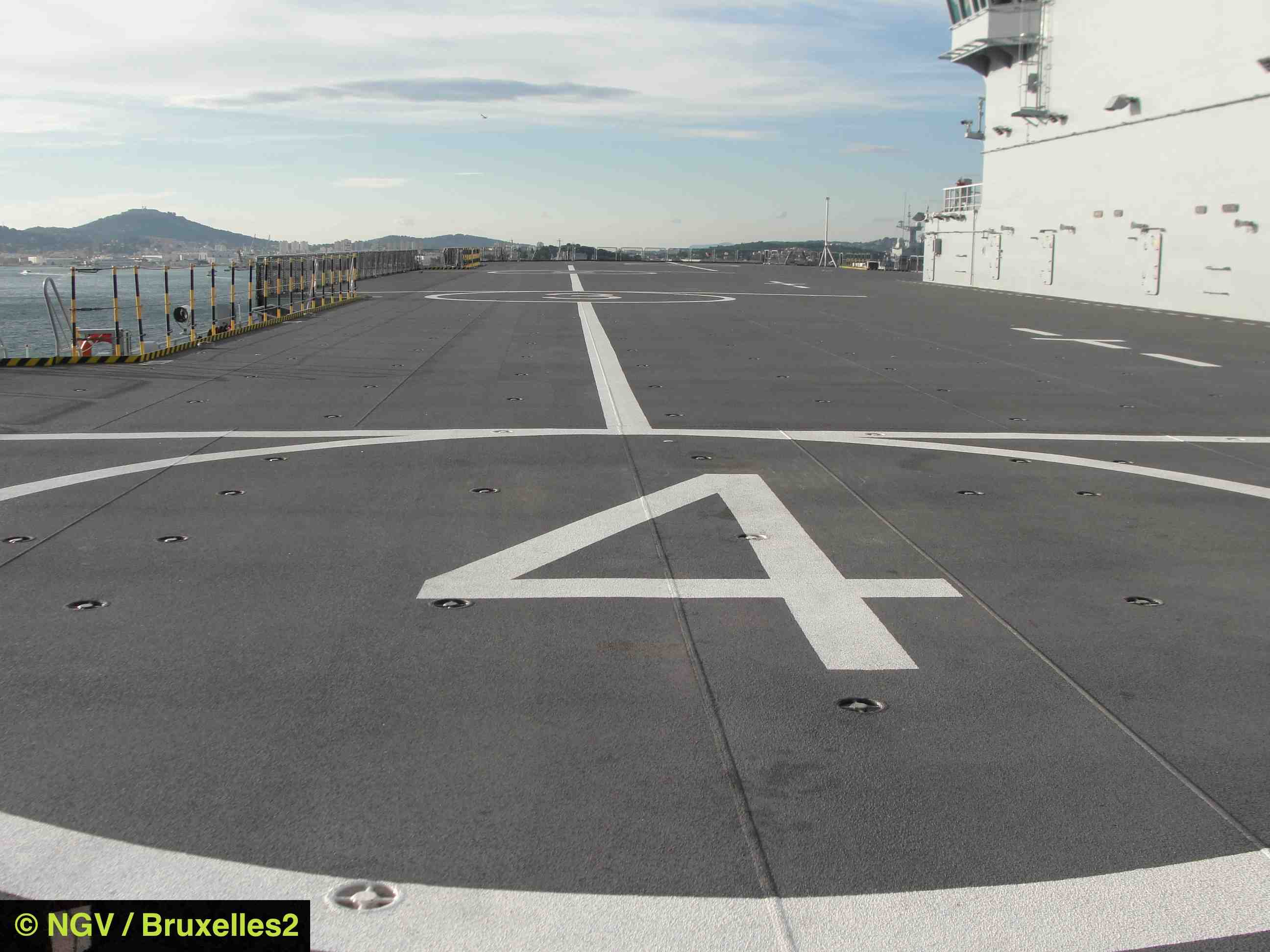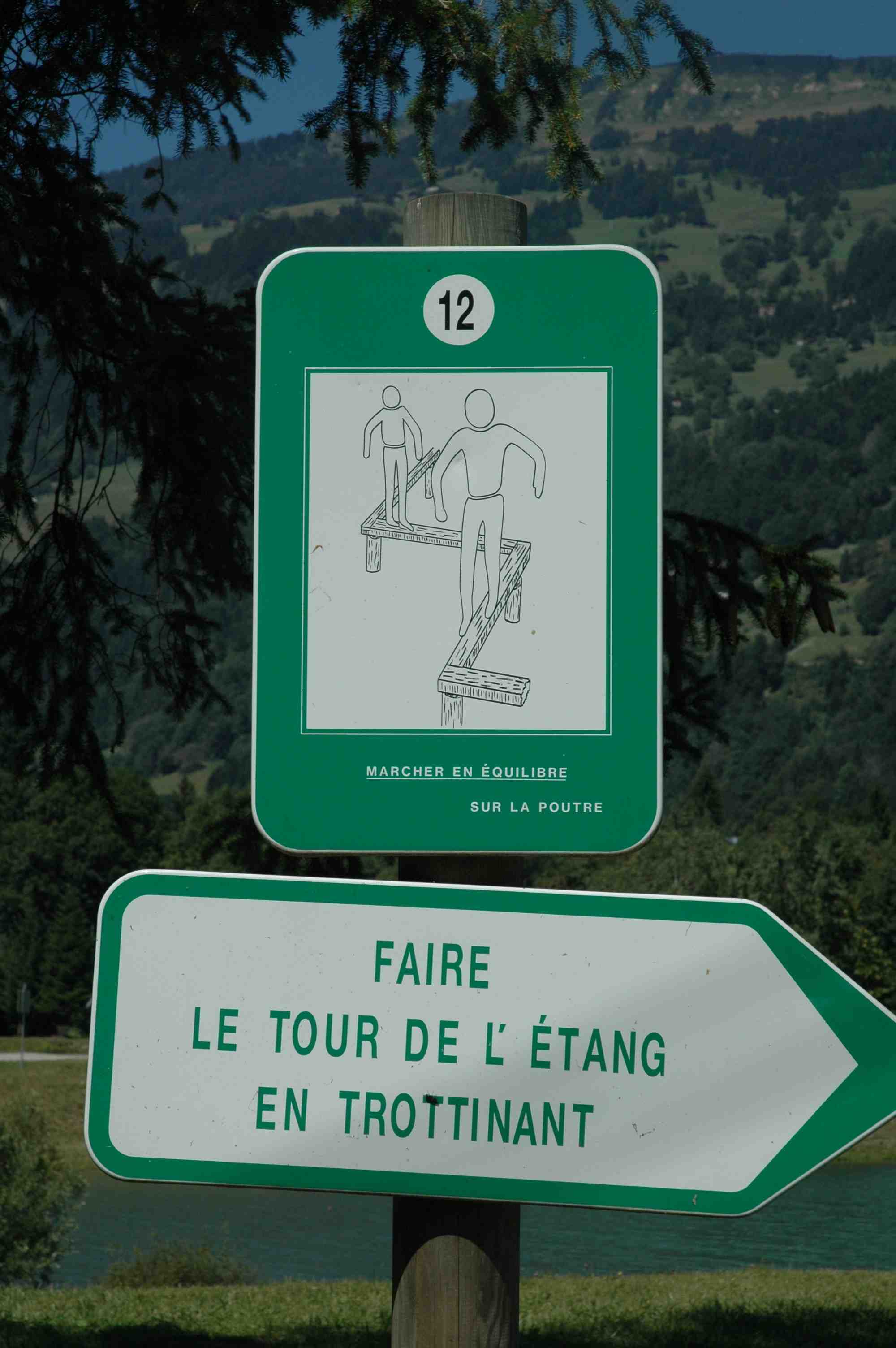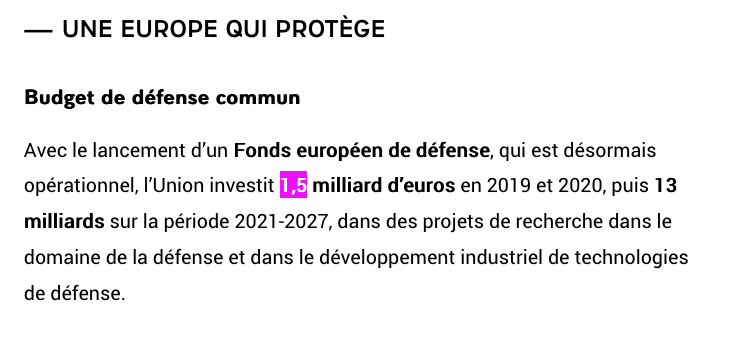Ten countries, 10 years, a windfall effect?
(BRUSSELS2) There will surely be some grumpy people who will find that Europe has expanded too quickly and that it now finds itself blocked by too many countries. It's an impression. But it does not correspond to reality.
Who is really blocking the EU: new or old member states?
In fact, everyday life at the level of the European Union, the "real" blockages are found either when France and Germany do not agree (with other countries on both sides other side of this dividing line), or because one of the Fifteen at the time opposed it. Tax advances have been blocked, and still are, by Luxembourg, and to a lesser extent Austria, and the United Kingdom. Social progress is often made by the United Kingdom and Ireland. The deepening of the banking union and the support for the new financial solidarity mechanisms have been delayed by the slow reaction of Germany and the obstructions of several countries in northern Europe, such as Finland or the Netherlands. Down. The reform of regional policy by Spain or Italy. Political deepening by ... France. Etc.
Who supports the CAP and regional policy?
Conversely, the defense of the common agricultural policy or the regional policy, which were seriously called into question in the first half of the 2000s, found powerful allies in the new Member States. Poland, Romania, Hungary, Slovakia have thus gone to the front. So much so that the removal of these "historic" policies is no longer on the agenda today. The European Union and France have thus benefited from an unexpected "reinforcement"
Who invests (a little) in the European missions?
Even in terms of European defense and stabilization missions in Africa, we often forget that it is because the Poles arrived in large numbers on the first EUFOR mission in Chad - CAR in 2008 that it was able to TO DO. And Africa is not really their "prime" concern. It is an instinct of solidarity that makes them react like this... Same today with the current EUFOR operation in the Central African Republic, where the Baltic half-company (Estonia, Latvia), as well as the Polish military police contingent ensure a proportional contribution to the operation (one-sixth of the workforce, almost one-third if we add Georgia). The Estonians are even one of the first countries to have decided, where the Germans, Italians and Spaniards had their ears pulled a little... They are still the ones who arrived among the first on the theater and patrol today today in Bangui. Who would have believed 1 years ago that an operation in the Central African Republic could only be carried out thanks to Estonians, Latvians, Poles (and Georgians)... no one!
Read also: 5 years later. Enlargement towards the East: the real wealth for the EU?


